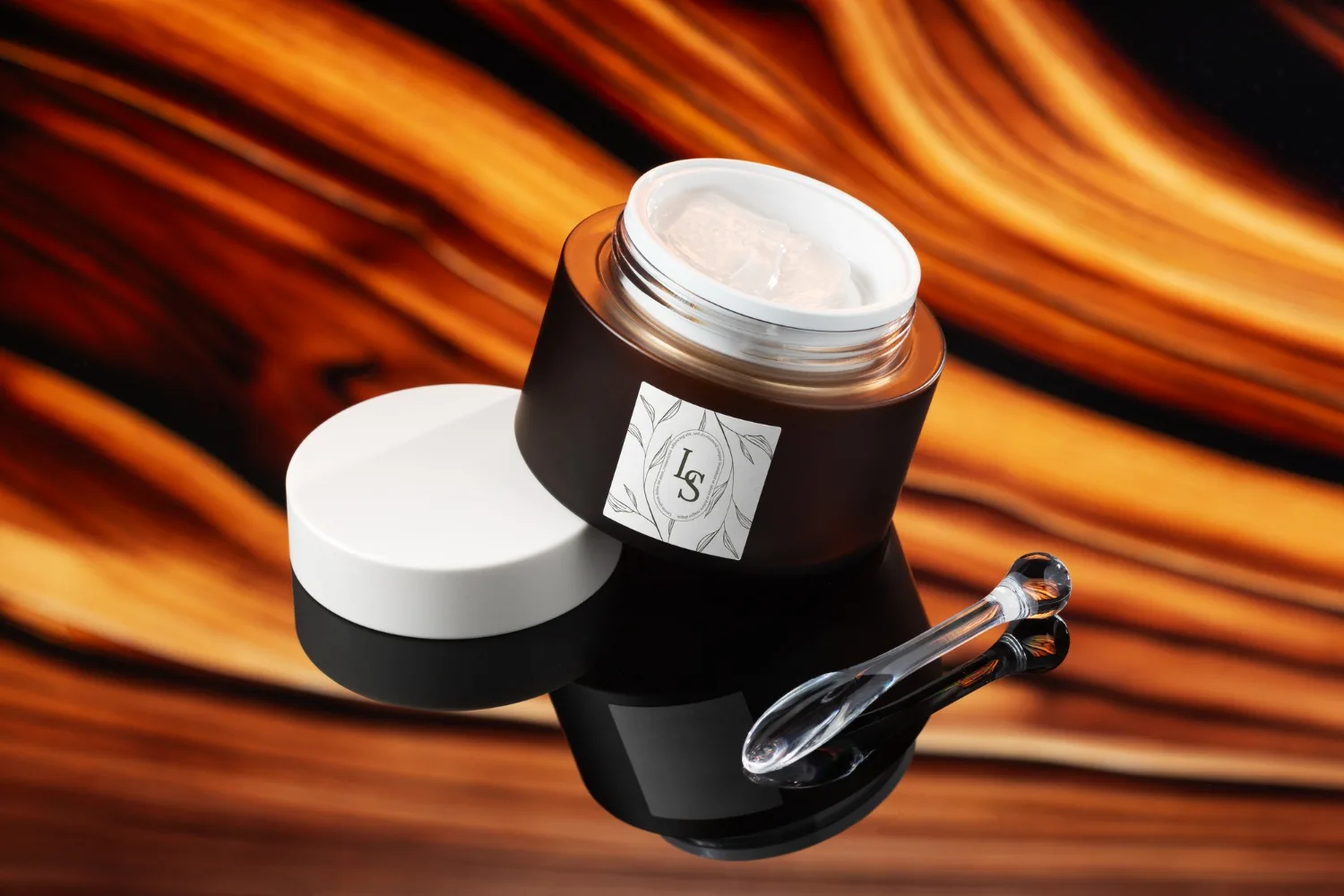Verify Your Email Address
Please ensure to verify your email for confirmation. We recommend checking your spam and trash folders as well.

In today’s beauty industry, private label cosmetics have emerged as a lucrative opportunity for entrepreneurs and businesses alike. These products, manufactured by one company and sold under another brand’s name, offer numerous advantages such as flexibility, customization, and cost-effectiveness.
Private label cosmetics encompass a wide range of products, including skincare, makeup, haircare, and more. They allow brands to capitalize on consumer trends and preferences while maintaining their unique identity and branding.
To succeed in the private label cosmetics business, it’s crucial to stay informed about current market trends. Conducting thorough research enables brands to identify emerging opportunities, popular product categories, and consumer preferences.
By analyzing market data and competitor strategies, brands can gain valuable insights into niche markets and untapped demographics. This knowledge forms the foundation for product development and marketing strategies.
Selecting the right products is a critical step in maximizing orders and revenue. Brands should focus on offering products that align with current trends and cater to specific customer needs. Conducting market research and competitor analysis helps in identifying high-demand products and niche opportunities.
Additionally, brands should explore ways to differentiate their products from competitors. This could involve unique formulations, innovative packaging, or sustainable ingredients, enhancing the brand’s appeal to consumers.
Partnering with reliable suppliers is essential for maintaining product quality and consistency. Brands should thoroughly vet potential suppliers, assessing factors such as manufacturing capabilities, product quality, and ethical practices.
Establishing strong relationships with suppliers ensures timely delivery and consistent product availability, which are crucial for meeting customer demand and driving sales.
Creating a distinct brand identity is key to attracting and retaining customers in the competitive cosmetics market. Brands should focus on designing unique packaging, logos, and branding elements that resonate with their target audience.
Moreover, offering customizable options such as personalized formulations or packaging allows brands to cater to individual preferences, fostering customer loyalty and repeat business.
In today’s digital age, having a strong online presence is essential for reaching a wider audience and driving sales. Brands should invest in creating a professional website that showcases their products and brand story effectively.
Additionally, leveraging social media platforms and digital marketing channels enables brands to engage with customers, build brand awareness, and drive traffic to their online store.
Exceptional customer service plays a vital role in building trust and loyalty among customers. Brands should prioritize customer satisfaction by offering responsive support, easy ordering processes, and hassle-free returns.
Moreover, providing customization options and personalized recommendations demonstrates a brand’s commitment to meeting individual customer needs, fostering long-term relationships and generating repeat orders.
As the business grows, brands should explore opportunities to expand their product line and diversify their offerings. This could involve introducing new product categories, expanding into new markets, or launching limited-edition collections.
Listening to customer feedback and staying attuned to market trends enables brands to identify opportunities for innovation and growth, driving continued success in the private label cosmetics industry.
In conclusion, succeeding in the private label cosmetics industry requires careful planning, market research, and strategic decision-making. By following the eight steps outlined above, brands can position themselves for success, attract more orders, and build a thriving business in the competitive beauty market.

High Quality, Low Price, No Minimum, One-stop Private Customized Cosmetics Shopping Website.
| Cookie | Duration | Description |
|---|---|---|
| cookielawinfo-checkbox-analytics | 11 months | This cookie is set by GDPR Cookie Consent plugin. The cookie is used to store the user consent for the cookies in the category "Analytics". |
| cookielawinfo-checkbox-functional | 11 months | The cookie is set by GDPR cookie consent to record the user consent for the cookies in the category "Functional". |
| cookielawinfo-checkbox-necessary | 11 months | This cookie is set by GDPR Cookie Consent plugin. The cookies is used to store the user consent for the cookies in the category "Necessary". |
| cookielawinfo-checkbox-others | 11 months | This cookie is set by GDPR Cookie Consent plugin. The cookie is used to store the user consent for the cookies in the category "Other. |
| cookielawinfo-checkbox-performance | 11 months | This cookie is set by GDPR Cookie Consent plugin. The cookie is used to store the user consent for the cookies in the category "Performance". |
| viewed_cookie_policy | 11 months | The cookie is set by the GDPR Cookie Consent plugin and is used to store whether or not user has consented to the use of cookies. It does not store any personal data. |
Please ensure to verify your email for confirmation. We recommend checking your spam and trash folders as well.